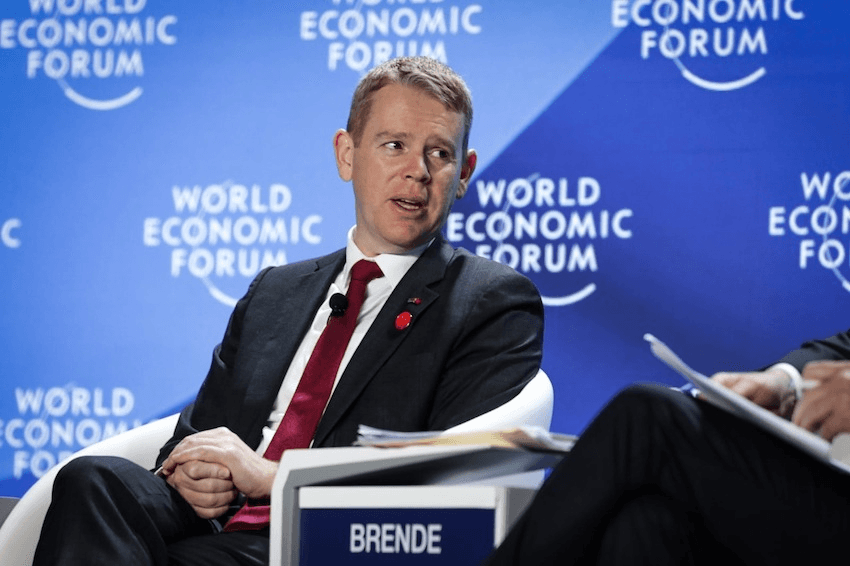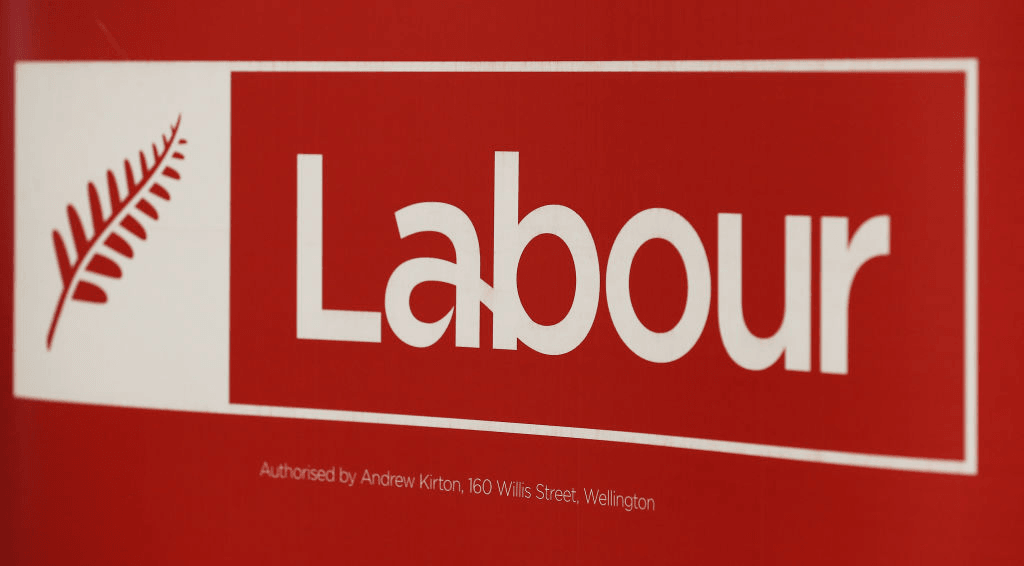Mad Chapman in China:
Some jobs are just more fun than others. This morning in the Huairou District just outside of Beijing, tourism minister Peeni Henare stood on the Great Wall of China and listened to a guide explain the history of the wall and the reasons behind its design. The mix of high and low walls along the walkway, she said, allowed soldiers to take cover before shifting to a low section to fire on enemies below. The low portions are more exposed but allow for greater range when attacking. After an hour of standing and talking and looking, Henare announced that he had to “go back to work”.
Meanwhile, 200 kilometres south, Chris Hipkins sat in a convention centre as part of a World Economic Forum panel on “rewiring growth amid fragility”. Fellow panelists included Vietnam prime minister Pham Minh Chinh and Barbados prime minister Mia Mottley. Discussing trade growth on an economic panel is a high wall for Hipkins. But shortly, he may have to step out from behind it when meeting president Xi Jinping at the Great Hall of the People. Hipkins has been pressed on what he’ll raise with Xi, but has given little away, saying only that a range of topics will be discussed, including things of “mutual interest” and things “where there won’t be agreement”.
Since arriving in Beijing, the short-lived mutiny by the Wagner mercenary group in Russia came to an end and China solidified its support of Russia as a “comprehensive strategic ally” in a statement from a Chinese foreign ministry spokesperson. That support is at odds with New Zealand’s opposition to the war in Ukraine. Suggestions that Hipkins may be able to sweet-talk Xi into sweet-talking Putin into ending the war are likely wishful thinking but he will find himself open to frank discussion with one of the most powerful leaders in the world. Whether he chooses to step out from behind the high wall and say something will depend on just how robust he believes New Zealand’s relationship with our largest trading partner is.






